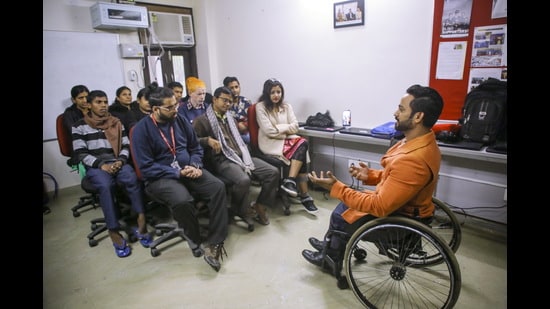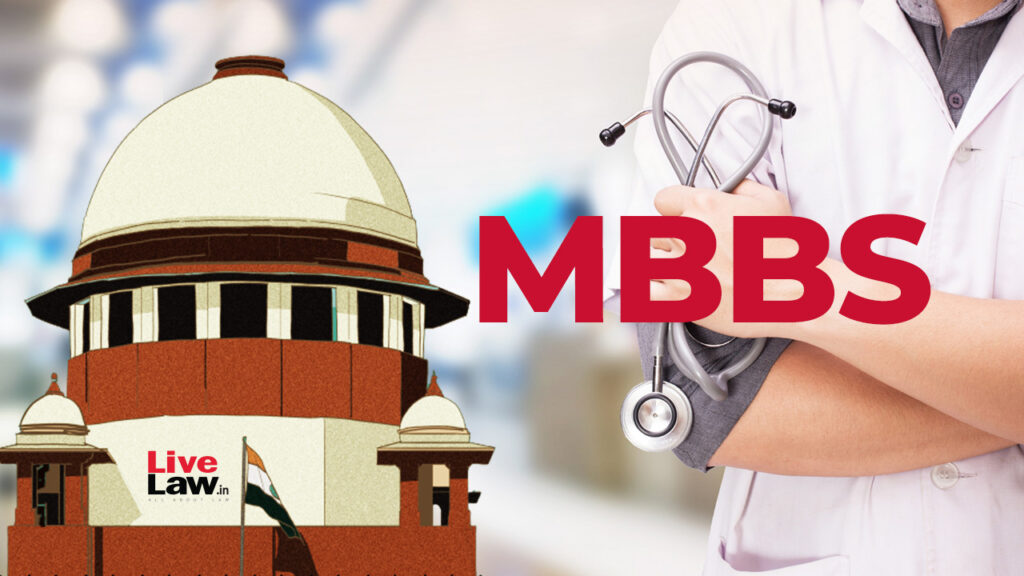The Supreme Court of India has introduced a new script regarding the evaluation of disability in medical admissions, aiming to address the challenges faced by candidates with disabilities. This decision comes as part of a broader effort to ensure that medical education is inclusive and accessible to all, particularly in light of the Rights of Persons with Disabilities Act, 2016.

Source:- bbc news
Under the new guidelines, a clear framework will be established for assessing the eligibility of candidates with disabilities in various medical courses. This includes defining the types of disabilities that are eligible for consideration and providing detailed criteria for assessment. The focus is on creating a standardized approach that will help educational institutions fairly evaluate candidates’ abilities rather than solely focusing on their disabilities.
Source:- news 18
Furthermore, the Supreme Court emphasizes the importance of using a comprehensive assessment tool that takes into account the individual’s potential and capabilities. This means that candidates will be evaluated on their academic achievements, skills, and overall potential to contribute to the medical field, rather than being judged primarily on their disabilities.
The introduction of this script marks a significant step toward promoting equality in medical admissions, ensuring that candidates with disabilities receive fair opportunities. It aligns with the global movement toward inclusive education, acknowledging the diverse abilities of individuals and the value they bring to the medical profession.
Overall, the Supreme Court’s new script is expected to foster a more inclusive environment in medical education, paving the way for a healthcare system that is representative of and sensitive to the needs of all members of society. As institutions begin to implement these guidelines, the hope is for a more equitable approach to medical admissions for candidates with disabilities.
Share your views in the comments

